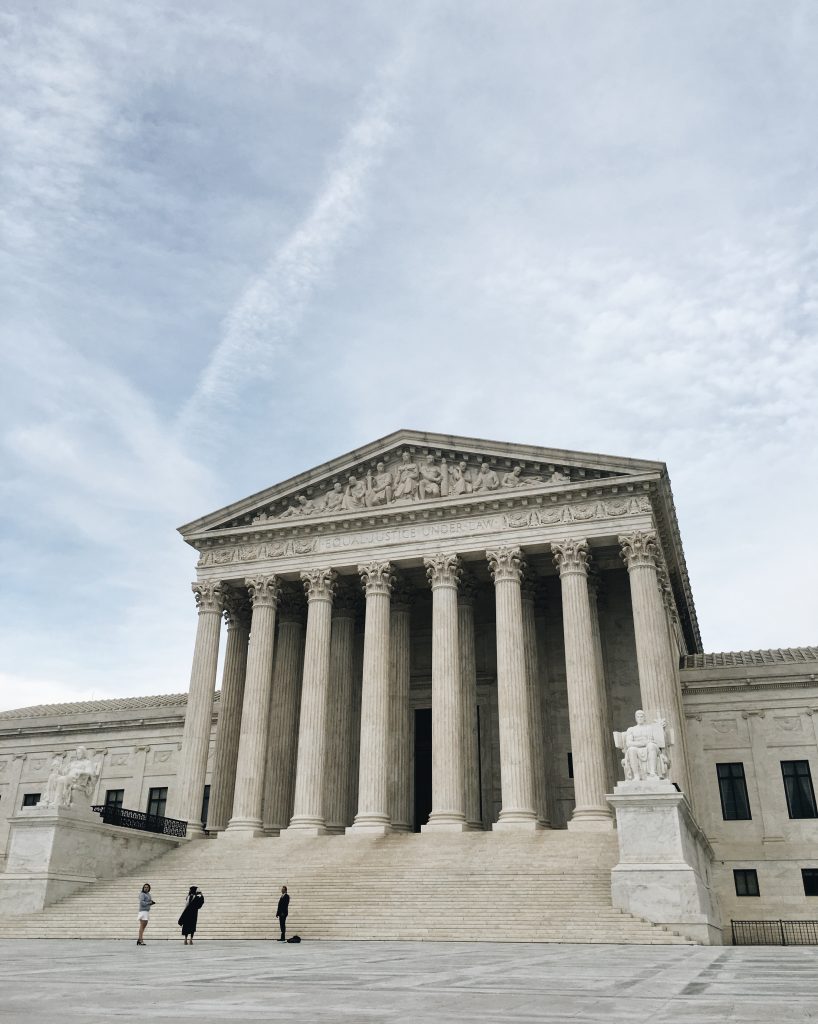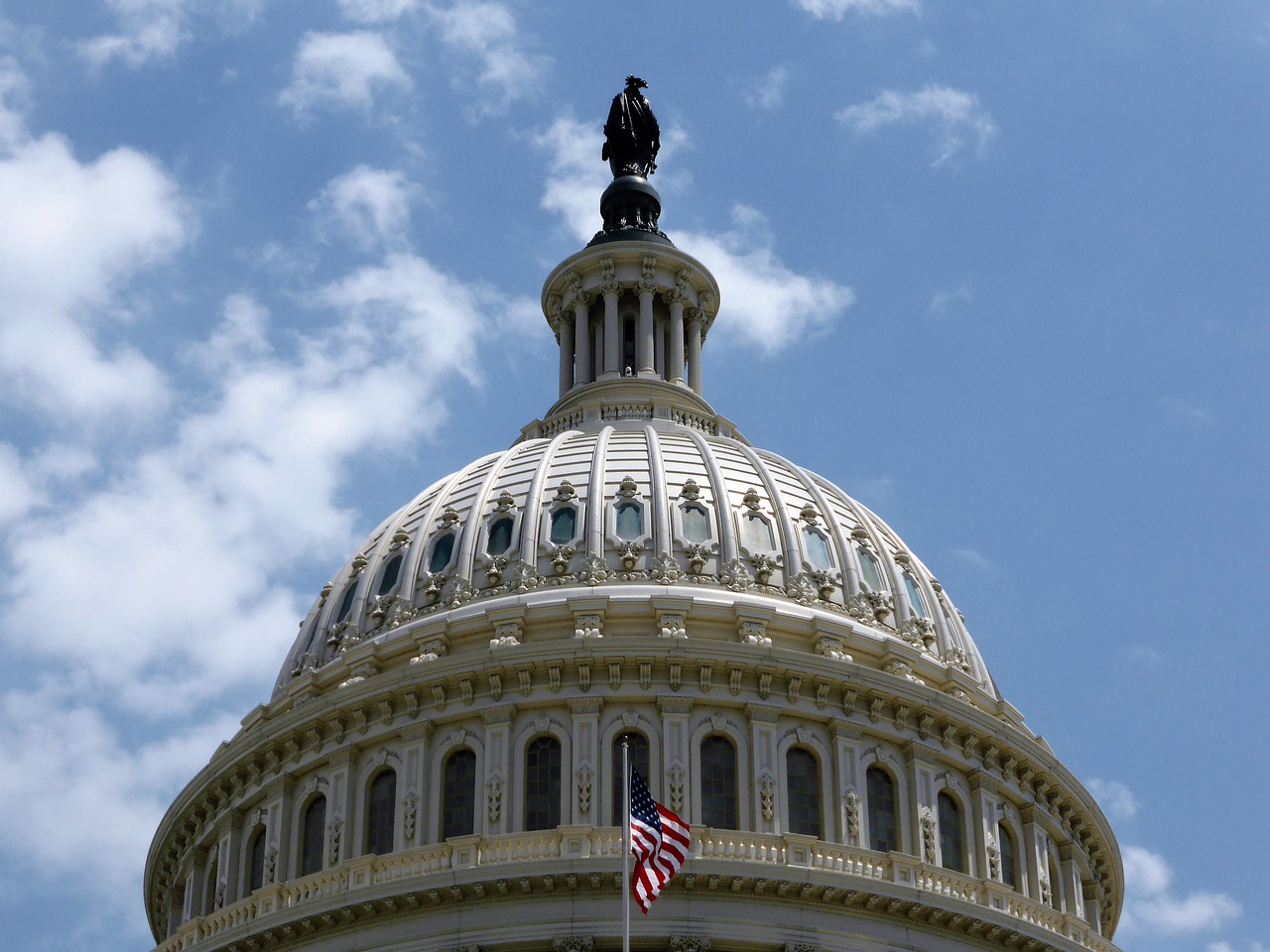U.S. Justice Department Opposes University of Michigan’s Bullying Policy
The U.S. Justice Department has filed a brief backing a lawsuit that “challenges an anti-bullying policy at the University of Michigan.”
The Justice Department stated that the policy limited students’ free speech rights. However, later that day, Michigan clarified its policy, stating that they support the First Amendment’s free speech rights. It is unknown if the university’s explanation will resolve the issue.
The Department’s announcement read that it found University of Michigan’s code of student conduct to be “unconstitutional because it offers no clear, objective definitions of the violations” when it comes to bullying or harassment. “Instead, the statement refers students to a wide array of ‘examples of various interpretations that exist for the terms,’ many of which depend on a listener’s subjective reaction to speech.”
The Department also challenged whether the university’s Bias Response Team was constitutional. The Department said that the team “consists of university administrators and law enforcement officers” and “has the authority to subject students to discipline and sanction.”
The University of Michigan has not said that their previous policies on bullying and harassment were of concern. Michigan said that it eliminated “general definitions of bullying and harassment and left only definitions from Michigan law.”
The new definitions of bullying and harassment follow.
Bullying: Any written, verbal or physical act, or any electronic communication, directed toward a person that is intended to cause or that a reasonable person would know is likely to cause, and that actually causes, physical harm or substantial emotional distress and thereby adversely affects the ability of another person to participate in or benefit from the university’s educational programs or activities. Bullying does not include constitutionally protected activity or conduct that serves a legitimate purpose.
Harassing: Conduct directed toward a person that includes repeated or continuing unconsented contact that would cause a reasonable individual to suffer substantial emotional distress and that actually causes the person to suffer substantial emotional distress. Harassing does not include constitutionally protected activity or conduct that serves a legitimate purpose.




